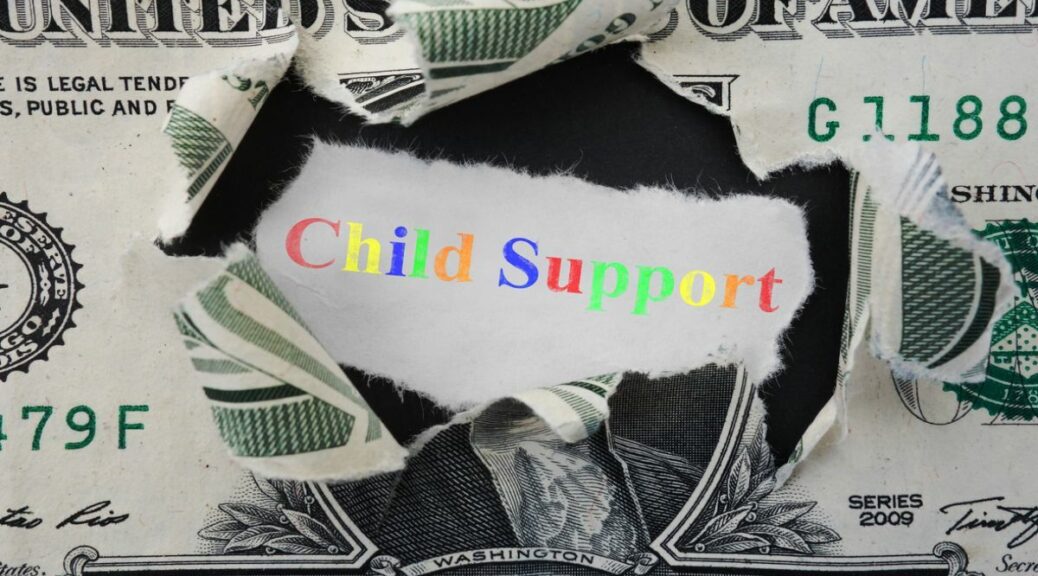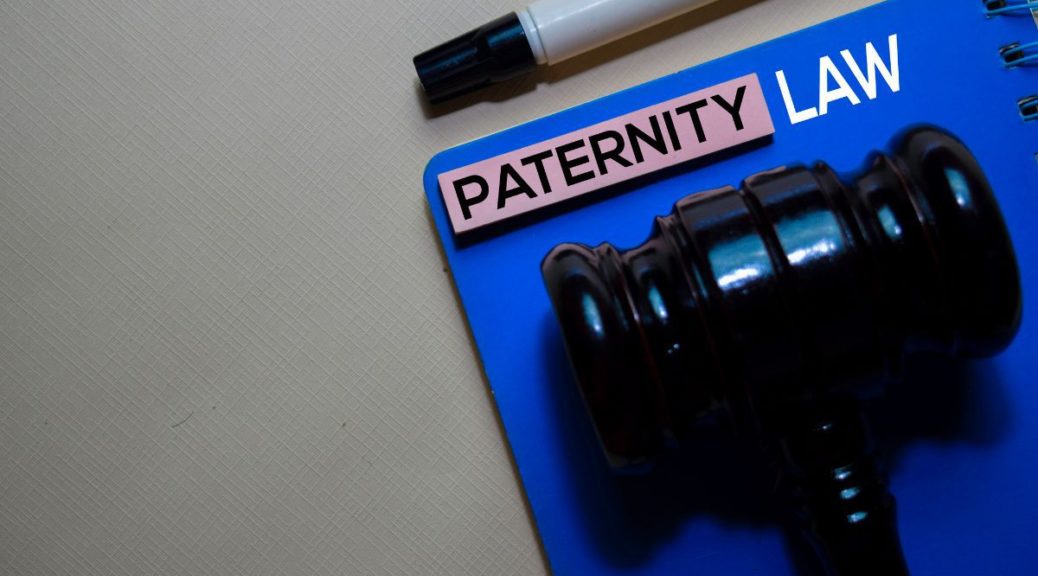Child support to ensure the care and well-being of your children is a critical financial obligation. California Family Courts follow uniform guidelines established under state law to calculate a parent’s child support obligation. The court’s child support order is legally binding and avoiding or ignoring it has serious consequences.
Unfortunately, some parents try to avoid this obligation by employing various means to “hide” assets or defraud the system and their children. California Attorney Judy L Burger is a Certified Family Law Specialist who can help you if you suspect a former spouse is trying to hide from their court-appointed support obligations.
Examples of California Child Support Fraud
Providing incorrect information to the family court about your income is child support fraud. For example, a non-custodial parent may try to hide income from various sources and report a lower amount to the court in order to obtain low support payments. Also, a custodial parent may try to hide income to get more money from the other parent.
Here are some common examples of child support fraud:
- Underreporting Income: Reporting incorrect income amounts and sources on tax forms and other documents.
- Working for Untraceable Cash: Working a job that pays in cash so there is no paper trail to prove the income.
- Quitting a Job: Resigning from a job so you have no income to report.
- Opening Accounts In a Family Member’s Name: Hiding assets in accounts in someone else’s name so they do not appear in your personal asset list.
- Concealing Funds in Cryptocurrencies: Hiding assets in cryptocurrencies to complicate how these assets are tracked or reported.
- Transferring Funds to Offshore Accounts: Hiding assets in overseas accounts that are not subject to United States or California reporting obligations.
- Shielding Funds Through Shell Companies: Establishing complex legal entities to hide assets and avoid an accurate reporting of your income.
The Law Offices of Judy L. Burger uses sophisticated forensic accounting methods and other investigative techniques to uncover hidden assets and income sources. If you suspect your spouse is employing fraudulent means to escape their child support obligations, contact one of our offices near you to schedule a consultation.
Possible Penalties for Avoiding CA Child Support Obligations
California child support orders are legally enforceable under the law and carry stiff penalties when violated. Those found guilty of ignoring or committing fraud to avoid their support obligations may face several different enforcement actions that can include:
- Credit bureau reporting
- Suspension of driver’s license or passport
- Revocation of professional and occupational licenses
- Bank and property liens
- Appropriation of tax refunds
- Appropriation of lottery winnings
- Asset seizures
- Imprisonment (contempt of court is a criminal offense)
The Golden State offers several programs to help if you have legitimate problems meeting your child support obligations. Don’t wait until you get seriously behind in your payments; contact your local child support office immediately to inquire about your options. Attorney Judy Burger can also help you with support modification requests and other legal remedies.
A California Certified Family Law Specialist Can Help You Get What You Deserve
Attempting to hide assets to get higher child support payments from your spouse and hiding assets to prevent paying your fair share are both fraud. CA Family Law Specialist Judy L. Burger fights tenaciously for the care and well-being of innocent children and hurting families. She and her team can help you get the support you deserve from offices throughout California. Ms. Burger can also help you if your circumstances have changed and cause problems meeting your child support payments.
Contact The Law Offices of Judy L. Burger in Beverly Hills, Gold River, San Diego, San Francisco, San Jose, Oxnard, San Rafael, or Santa Barbara to schedule a consultation.











